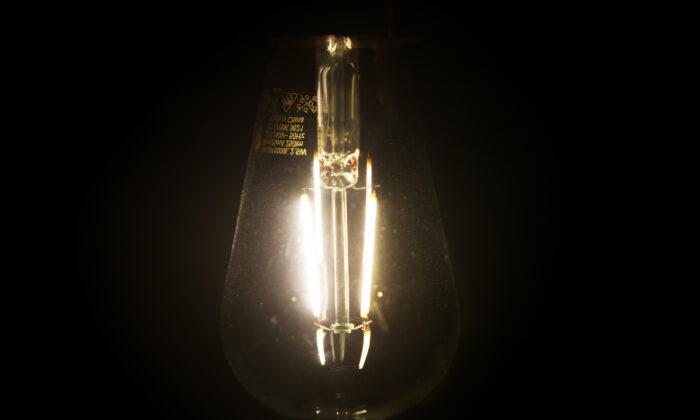As rising energy prices continue to hit ordinary Australians hard, a new national survey has shown that the country’s energy consumers want to see more government intervention in the energy market.
“Consumers are losing faith that the energy system can deliver for them, with only 35 percent of households saying that they are confident the market is working in their interests, down by 11 percent in the past year," Gallagher said.
The survey also showed that positive sentiment around the value for money of electricity has also fallen by eight percent in the past year to 59 percent. Meanwhile, positive sentiment for gas has fallen by 10 percent to 60 percent.
Further when asked what their highest priority for the transition to renewables was, 51 percent of consumers said affordability. This was ahead of ensuring system resilience (12 percent), replacing ageing coal and gas plants with new technology (13 percent), and transitioning to renewables (13 percent).

“Declining confidence is doubly damaging because we are undergoing an energy transition to net-zero in which consumers are the heroes and expected to participate more and more, as generators and storers of electricity in their homes, by electrifying their appliances and vehicles and changing some electricity use to different times of the day,” Gallagher said.
“All of this requires them to trust that the system has their interests at heart and to believe that the future will deliver better outcomes. At the moment, consumers are far from convinced.”
Additionally, the ECA found that there was an increasing inequity in people accessing energy-efficient housing, appliances, and technology.
Gallagher said the survey demonstrated there was an urgency for the federal and state energy ministers to come together and commit to near, medium, and long-term measures that address affordability and greater equity of outcomes for households.
Prime Minister Indicates December Solution to Energy Problems
The call from the ECA comes as Prime Minister Anthony Albanese will meet with state and federal ministers on Dec. 6 and 7 to discuss the issue.
“These issues are not simple because of the different ownership structures, because of the different sources of energy, because of different powers that exist between the Commonwealth and state and territory governments, because of the interaction of the national energy market,” the prime minister said.
Opposition Calls for Government’s Rural and Regional Energy Transition Report to Be Released
Meanwhile, the federal government has been criticised for its failure to release a report that shows the rural and regional side effects of the country’s move to transition to renewables.Nationals Senator Barnaby Joyce has called on the federal Labor government to release a report commissioned by the government, titled Estimated Impacts of CFPS and Associated Coal-Mine Closures, which was partially obtained by Sky News Australia. It states that the country’s transition to renewables will lead to unemployment jumping by 6.7 percent, to 10.1 percent.

“They owe it to the Australian people to be direct and honest,” he said. “We need to know exactly what the effect is across our nation.”
Joyce said the report noted that the sudden and concurrent closure of all power stations and coal jobs was mentioned in the partial document.
“Not only would that be a disaster for those who work at coal-fired power plants and the miners associated with it, but what about the industry? What about the price of electricity?” he said.
Sky News Australia also reported that the report said that the closure of AGL stations—Bayswater and Liddell—are expected to result in a $33 million loss of income in the regional area of New South Wales.




